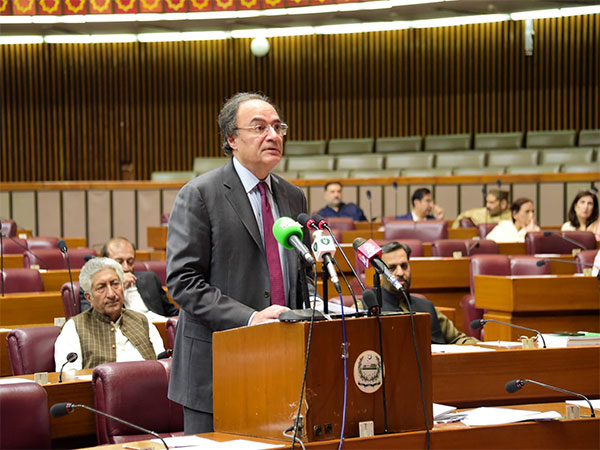Pakistani Finance Minister Seeks Energy Relief in Beijing Discussions
Pakistani Finance Minister Muhammad Aurangzeb is in Beijing to discuss power sector debt relief and structural reforms with Chinese officials, part of a broader effort supported by the IMF. The delegation aims to reprofile $15 billion in energy sector debt amid longstanding financial cooperation between the two countries.

Pakistani Finance Minister Muhammad Aurangzeb arrived in Beijing on Thursday to engage in talks concerning power sector debt relief and structural reforms proposed by the International Monetary Fund (IMF), according to two government sources. Aurangzeb met with his Chinese counterpart in Beijing and is leading a delegation that includes Power Minister Awais Leghari, discussing proposals such as reprofiling nearly $15 billion in energy sector debt.
The two countries, longtime allies and border neighbors, have historically relied on rollovers and disbursements from China to meet Pakistan's external financing needs. Earlier this month, the IMF approved a $7 billion bailout for Pakistan, citing concerns over high power theft rates and distribution losses causing debt accumulation within the energy sector.
The Pakistani government is enacting structural reforms to decrease 'circular debt'—public liabilities in the power sector stemming from subsidies and unpaid bills—by 100 billion Pakistani rupees ($360 million) annually, said Leghari. He mentioned on X that both he and the finance minister briefed Chinese Minister of Finance Lan Fo'an about Pakistan's measures to implement tax and energy reforms.
Despite requests for comments, Pakistan's finance ministry, junior Finance Minister Ali Pervaiz Malik, and the Chinese finance ministry did not respond. Both finance and power ministers indicated to Reuters in interviews last week that discussions on power sector reforms were planned for the Beijing visit, though specific timings were not disclosed.
Previous IMF bailout measures, including increased power tariffs, have impacted poor and middle-class households in Pakistan. Additionally, China has investments exceeding $20 billion in planned energy projects within Pakistan.
(With inputs from agencies.)










